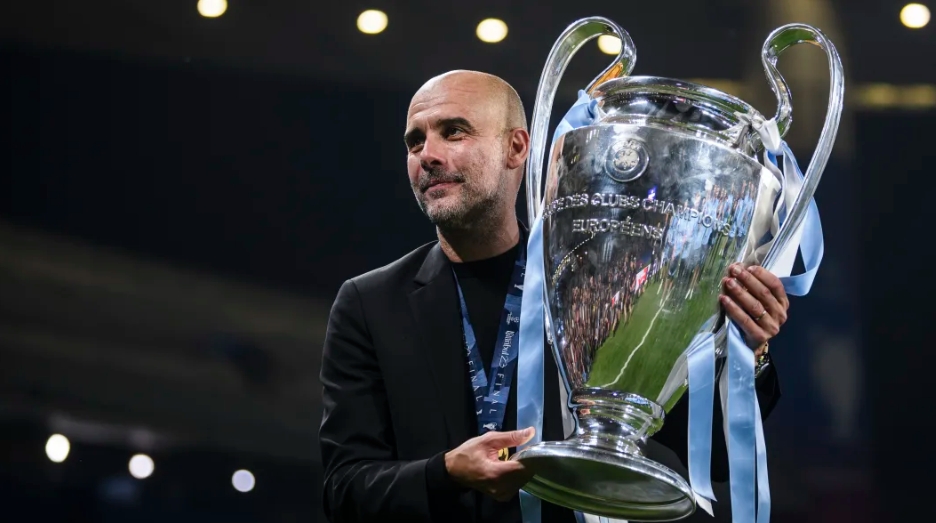Manchester City has been a dominant force in English football in recent years and achieved a significant milestone last season by clinching their first Champions League title as part of a treble.
The club’s success can be traced back to the arrival of Sheikh Mansour in 2008, whose investment transformed the fortunes of Manchester City.
However, the ambitions of the parent company, City Football Group, extend beyond just one team, and a global multi-club project was initiated in 2013.
Presently, the group comprises 12 different clubs spanning men’s, women’s, and youth football across 12 countries and every continent except Africa.
While being affiliated with clubs like New York City, Melbourne City, and Mumbai City poses no issues under UEFA rules, regulations technically prohibit multiple clubs owned by one entity from simultaneously competing in European competitions. This presents challenges that need to be addressed and resolved.
While clubs like Palermo, Troyes, and Lommel are not significant concerns as they are second-tier teams in their respective countries, the potential issue arises with Girona in Spain.
Girona, currently performing exceptionally well in La Liga and on track to qualify for the Champions League, is 47% owned by City Football Group.
According to UEFA regulations, no club participating in a UEFA competition may have any controlling influence over another participating club.
Therefore, the potential success of Girona poses a dilemma as UEFA rules prioritize the club that finishes higher in its domestic league.
Despite concerns, UEFA is unlikely to ban Manchester City from the Champions League due to multi-club ownership.
However, the issue highlights the need for regulations to adapt to prevent clubs from being penalized in such situations.
Similar concerns were raised with Manchester United’s part-ownership by INEOS, but assurances were given by UEFA that no major issues would arise.
Past instances involving RB Leipzig and Red Bull Salzburg show how clubs navigated UEFA rules by making significant organizational changes to eliminate any perceived controlling influence, thus ensuring compliance and eligibility for European competitions.



